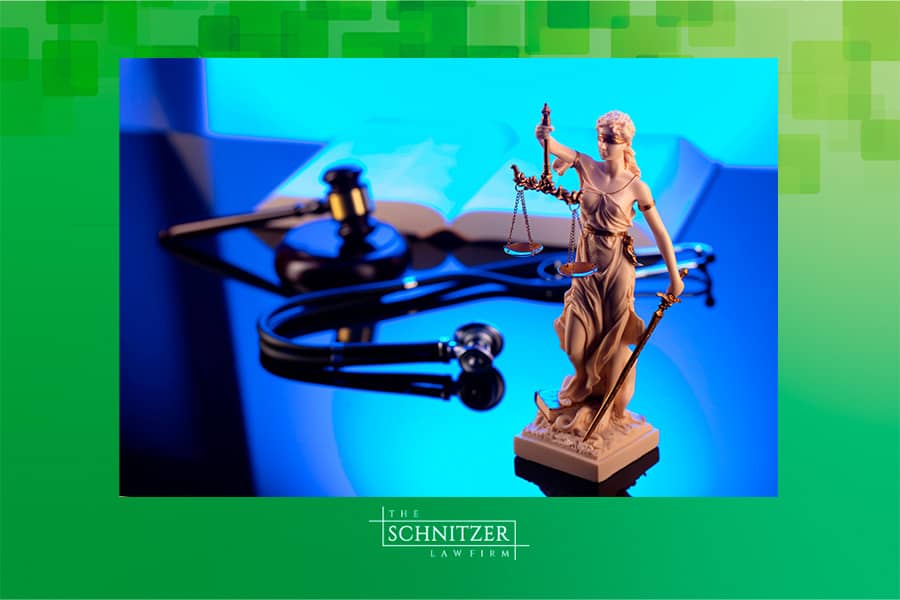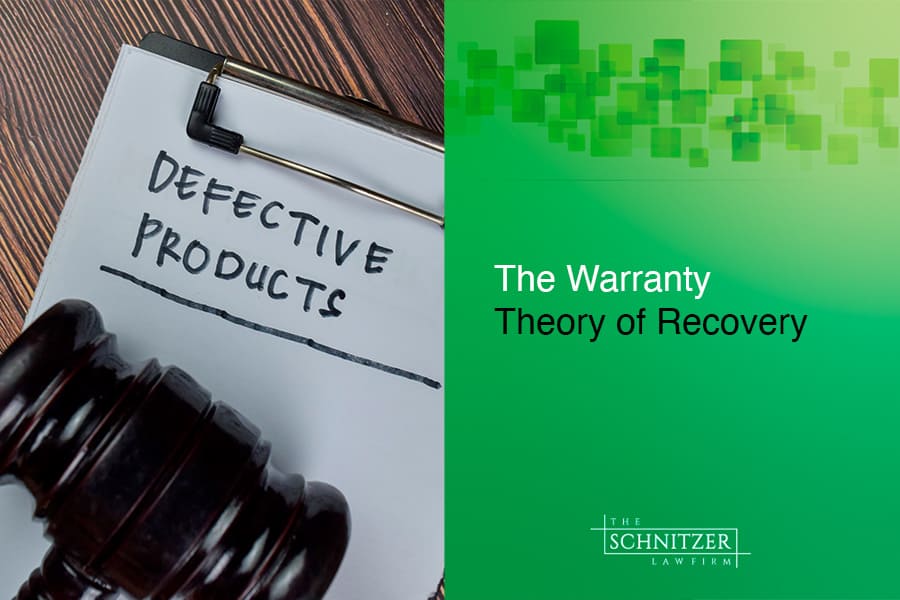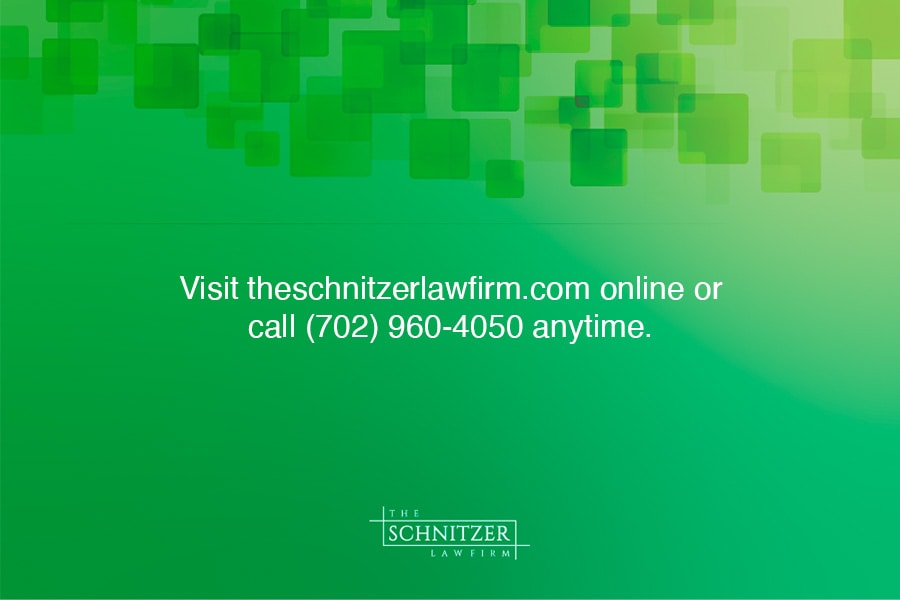Who is responsible for that defective product you purchased? That’s not a straightforward question, and it begs the question: What was the defect, and what were the consequences of the deficiency?
Two product circumstances can lead to loss to the purchaser or some third person. One is that the product presents a hazard, and the other is that the product is inferior or doesn’t meet the purchaser’s expectations. Both circumstances can lead to losses. These losses are broken down into three categories.
Types of Product Liability Claims
If someone is injured or suffers some other damage because of a product they used, they could have a defective product liability claim. Defective product cases cover a wide range of claims that generally fall into three categories:
- Defective Manufacture
- Defective design
- Inadequate instructions or warnings about the proper use of the product
Any defective product category can lead to a lawsuit depending on the damages sustained, and they may also not lead to a lawsuit. The difference lies in the type of damage suffered and the best way to address it.

Recovery for a defective product that does not cause a physical injury may still be possible as a breach of a warranty claim. Assume you buy a window air conditioner with faulty wiring due to poor design and causes a fire in your house. You do not sustain any physical injuries. But you did incur damages. That’s a product liability claim, but it can also be pursued as a breach of contract.
Whether you were injured or not, if you have a possible product liability claim, contact the Las Vegas injury attorneys at The Schnitzer Law Firm for a FREE case consultation to evaluate the existence and extent of your claim.
The Warranty Theory of Recovery

In tort actions, liability is based on intentional acts, negligence, and strict liability. We talk about torts below. But liability based on breach of warranty is a contract action. Two kinds of warranties purchasers rely on to identify the quality of a product are:
- Express Warranties
- Implied Warranties
Express Warranties: The express warranty is the seller’s representation of the product to a buyer. Thus, the express warranties become part of the sales contract. If the seller breaches an express warranty, a breach of contract action can be brought by the buyer against the seller. Written warranties include:
- The product’s packaging or labels
- Instructions included with the product
- Advertising promoting the product
- Signs in the store
Implied Warranties: Implied warranties are fundamentally logical assumptions by the buyer based on the seller’s implied promises that the product, when used properly, will not harm the buyer. In Nevada, goods offered must be merchantable, meaning the goods must:
- Meet the contract description
- Be interchangeable with goods of the same description
- Be fit for the purpose used
- And more
Products must work as intended. If they do not, they may be defective, and as a consumer of the product, you have a right to be compensated. Contact the injury lawyer in Las Vegas at the number below to see if you have a case.
Both product liability law and contract law can be complicated. Rely on the best injury lawyer in Las Vegas for a professional analysis of your case. Click the link below to find out more about The Schnitzer Law Firm.
Personal Injury Law
Personal injury law, also called tort law, protects you if you or your property is injured or harmed due to someone else’s actions or failure to act. “Protection” comes from compensation made by the person who caused the injury or harm to the person who suffered the losses. There are three grounds for making a personal injury claim:
- Negligence: Negligence comes down to whether the person causing injury to another exercised “reasonable care.”
- Strict Liability: An injury caused by a defective product means the responsible party (there may be more than one) is liable regardless of intent or mental state when the action was committed. A manufacturer, for example, need not be negligent. If the defective product caused harm, all those involved in the manufacture, sale, maintenance, delivery, and in-between might be liable.
- Intentional Wrongs: Common intentional torts include assault, battery, false imprisonment, trespass, intentional infliction of emotional distress, and more.
The Las Vegas injury attorneys at The Schnitzer Law Firm will discuss your case with you in a FREE consultation session to assess your rights and how you may need to proceed.
What If You Are Injured?

If a defective product injures you, follow these steps:
- Go to your doctor or the ER, if the injury demands immediate attention
- Please keep the product that injured you and store it securely
- Write down everything that happened regarding the product and your injury
- Contact The Schnitzer Law Firm, the best injury lawyer Las Vegas offers
When a product defect causes injury, the responsibility lies with all product sellers and handlers in the supply chain.
Call or Click Today
For more information about defective product liability, contact the personal injury lawyer in Las Vegas who will fight for your rights and compensation, The Schnitzer Law Firm. Visit theschnitzerlawfirm.com online or call (702) 960-4050 anytime.
